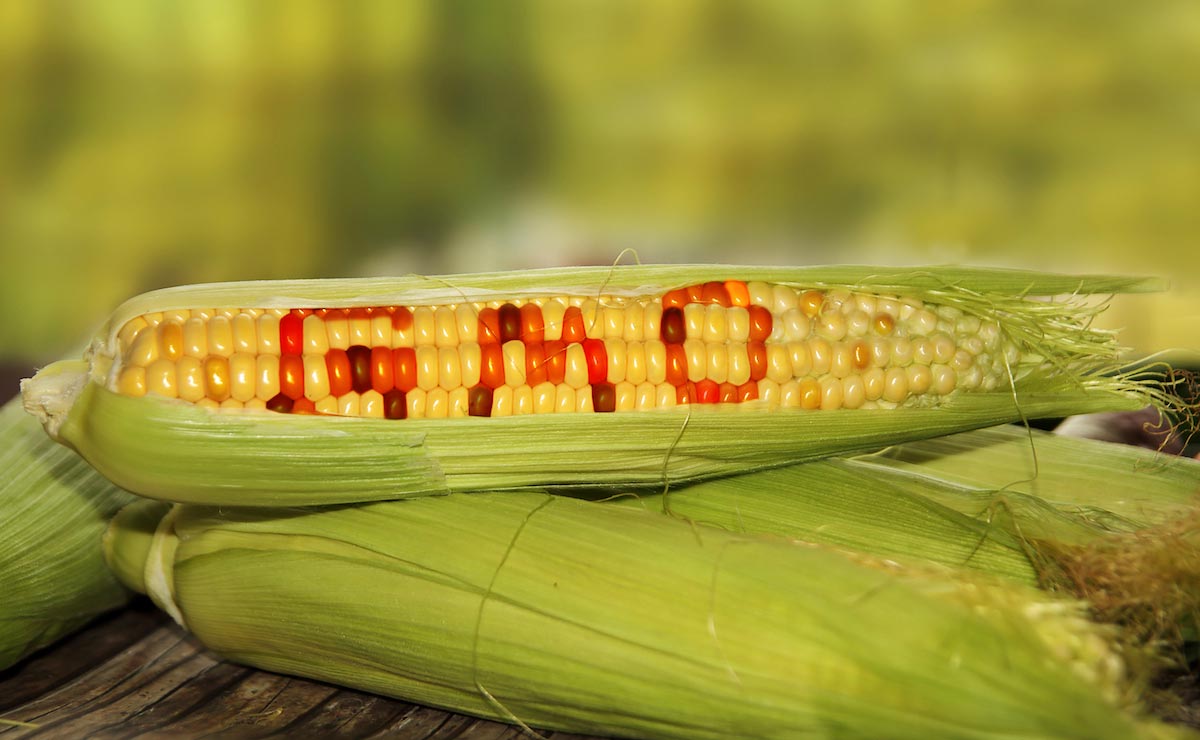Brussels – Harmful to environmental protection and public health: This is how BeeLife European Beekeeping Coordination, the organization for the protection of bees and pollinators in the EU, defines the European Commission’s 2023 proposal on so-called New Genomic Techniques (NGT). In its report—titled “Do EU GMO regulations achieve a high level of environmental protection? Overview of the GMO regulatory framework and the case study of pollinating insects (2024)“—BeeLife points out that, “although old,” the current regulatory framework on genetically modified organisms (GMOs) contains provisions expressing the application of the precautionary principle and safety mechanisms such as environmental risk assessment (ERA), mandatory labelling, traceability, safeguard clauses, consumer information and monitoring mechanisms.
In September 2021, however, the Commission launched an impact study on “legislation applicable to plants produced using new genomic techniques” with the aim of “proposing a legal framework applicable to plants obtained by targeted mutagenesis and cisgenesis as well as to food and feed containing such plants“, excluding them from current European legislation on the subject. “It is therefore understandable that many are concerned that these new techniques will be “deregulated” and will not be subject to the requirements and protection mechanisms in place to date,” the report explains. “If these mechanisms were removed for NGTs, particularly risk assessment, traceability, and labelling requirements, consumer information would also be affected. This implies the loss of the ability to step back (remove from the market), track or limit risks or harms if unintended impacts from growing NGT plants occur,” BeeLife writes. Moreover, the impact would be considerable since it would affect about 95 per cent of the new genetically modified plants currently under development.
The European Commission then published its proposed regulation on July 5, 2023, and the only mention it contains about the precautionary principle is found in recital 10, “which only states that ‘the legal framework for NGT plants should share the objectives of the Union’s legislation on GMOs to ensure a high level of protection of human and animal health and the environment and the proper functioning of the internal market for the plants and products concerned, while addressing the specificity of NGT plants (…)’.” Furthermore, according to the proposal, the rules that apply to GMOs should not apply to some NGTs, that is, those that meet the criteria for equivalence to conventional plants. Specifically, “an NGT plant,” BeeLife explains, “is considered equivalent to conventional plants when it does not differ from the recipient/parent plant by more than 20 genetic modifications. According to the environmental NGOs, this criterion results in “the exclusion of GMOs from all environmental protection mechanisms under the current regulatory framework”, for which “the Commission offers no justification”. Therefore, “the proposal appears arbitrary and lacks scientific basis.”
For these reasons, according to the report, “the proposal is likely to have negative effects on environmental protection and public health safeguards by expanding potential legal exemptions in the authorization process for some GMOs” and “would reduce or eliminate requirements for risk assessment, monitoring, and obligations for biotech companies to provide additional information, such as descriptions of the environment in which the GMOs will be released and potential interactions with other living organisms.” In addition, “depending on the category of NGTs, deregulation will range from renewal of approvals for indefinite periods to lightened labelling requirements, freeing NGT producers to introduce monitoring plans with their applications and even total exemption from GMO regulations.” Finally, “it risks reducing the autonomy of member states in managing the introduction of NGTs into their fields, a robust mechanism under current legislation.”
In conclusion, according to BeeLife, “the proposal threatens to increase risks to public health and ecological protection and counteract ongoing conservation efforts to protect pollinators.”
English version by the Translation Service of Withub










